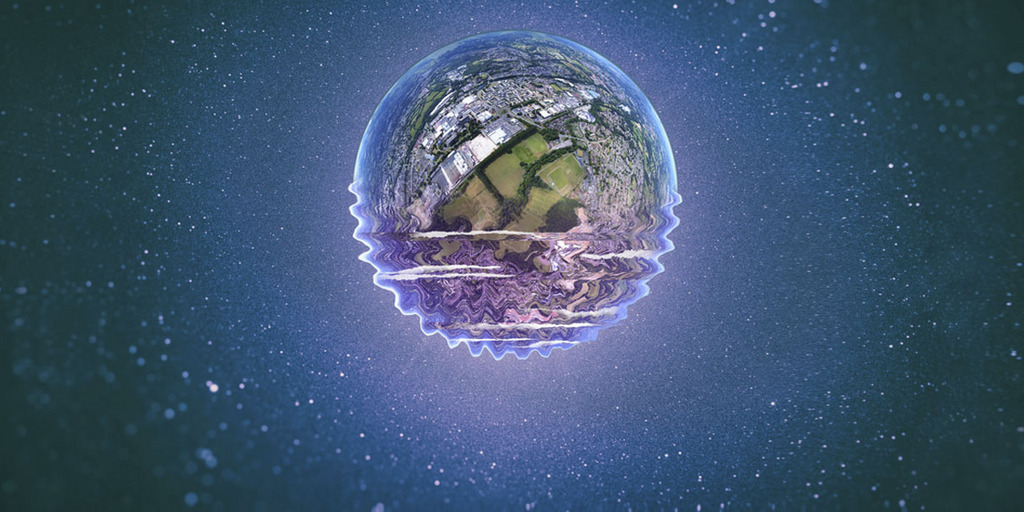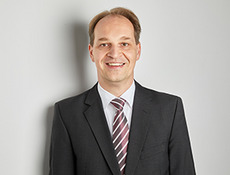Simulating and modelling the real world is extremely difficult, if not impossible. The idea that everything we know is merely a construction of our minds or a simulation is not only an academic issue or thought experiment. It leads to the question of how true is reality – in argumentation, journalism, social media, statistics, surveys, etc. There is room for interpretation because discrepancies exist in the data, necessary explanations and personal expectations, among others. As if that were not enough, in the future reality will be increasingly created by using technology, as “augmented reality” in which objects are an interactive experience and the user’s real-world environment is replaced by a simulated one. “Two perspectives, one reality” no longer applies; one perspective now allows for different realities.
Trilogue Salzburg 2019 therefore seeked to address the negative and debilitating effects that arise from existing “parallel realities” while considering how we can regain a common perception of truth. Thus, the following questions were up for debate:
What tools and channels do we need to promote a common perception of truth?
Who are the main drivers of distorted perceptions of truth and what are their motives?
How can we regain trust in facts and scientific proof?
How can we regain control over data and the technological developments that result from it?
How do experiences from the past and the way we deal with historical events affect our perceptions?
Does the elite have a realistic view of truth?




